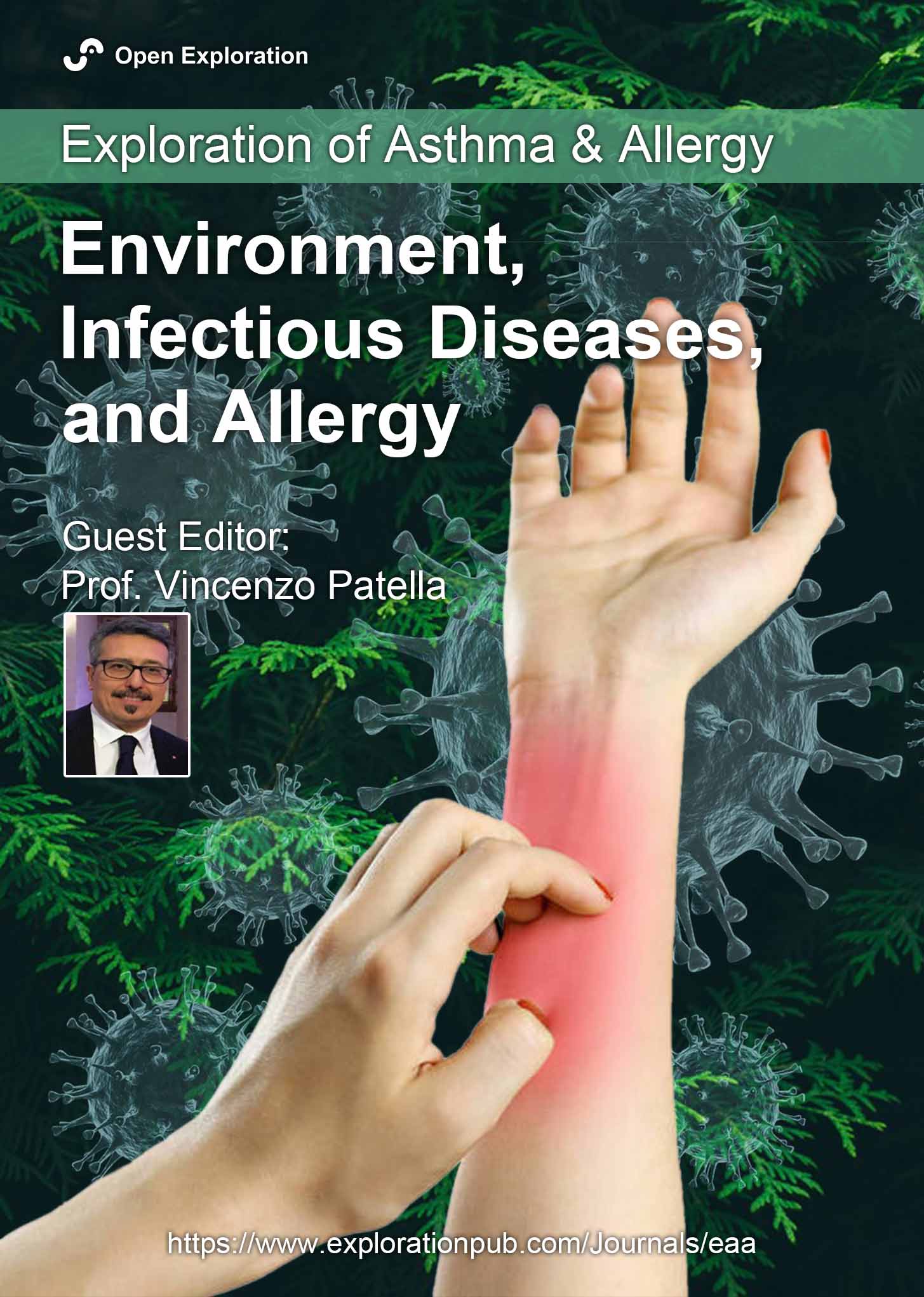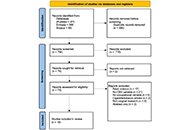
Environment, Infectious Diseases, and Allergy
Guest Editor
Prof. Vincenzo Patella E-Mail
Professor at the School of Specialization in Allergology and Clinical Immunology, Faculty of Medicine and Surgery of the Federico II University of Naples, Italy; Director of the Complex Operating Unit of Internal Medicine with an Immunological and Respiratory, Civil Hospital of S. Maria della Speranza in Battipaglia, Level I DEA, ASL Salerno, Italy
Research Keywords: Rhinitis, asthma, climate change, atopic dermatitis, skin immunopathology, COVID vaccines reaction, allergen immunotherapy, hymenoptera allergy
About the Special lssue
Environmental factors play an important role in the development of infectious, immunologic, and allergic diseases. In particular, climate change affects, directly and indirectly, the occurrence, the frequency, and severity of allergies. The last decades have seen a rise in the concentrations of pollen and pollutants in the air and an increase in the number of people manifesting allergic symptoms, who often require emergency medical care. There is evidence that increased concentrations of air pollutants and pollen can activate inflammatory mediators in the airways. Moreover, environmental characteristics, genetic factors, and health determinants, such as the socio-economic-cultural context, health habits, and psycho-social stress, influence the immune system and regulate the adaptive immune response, because they are involved in the predisposition of the organism to the disease, and contribute to diversifying clinical manifestations. Therefore, most recent research on precision medicine is focusing on the individual aspects of the disease by studying the bidirectional relationship between the environment and subjective characteristics of the person, through a multidisciplinary approach. It is also important to consider environmental risk factors and protective factors to promote health, and their relation with quality of life.
This issue will assess the impact of the environment on the onset of allergic, immunologic and infectious diseases, and will report the evidence of new therapeutic approaches.
Keywords: Allergy, climate change, environment, health, immunology, infectious giseases, quality of life, psychosocial stress
Published Articles
